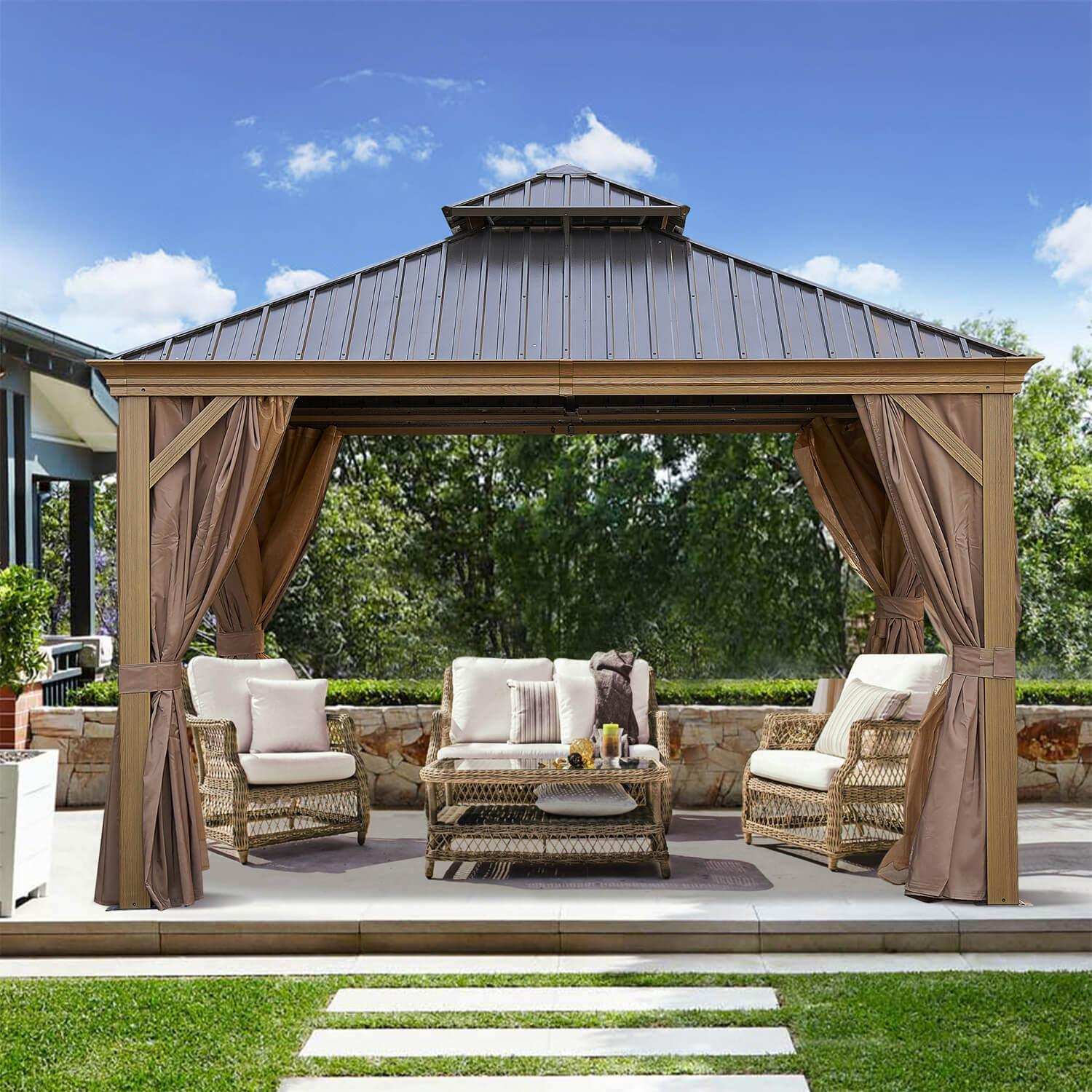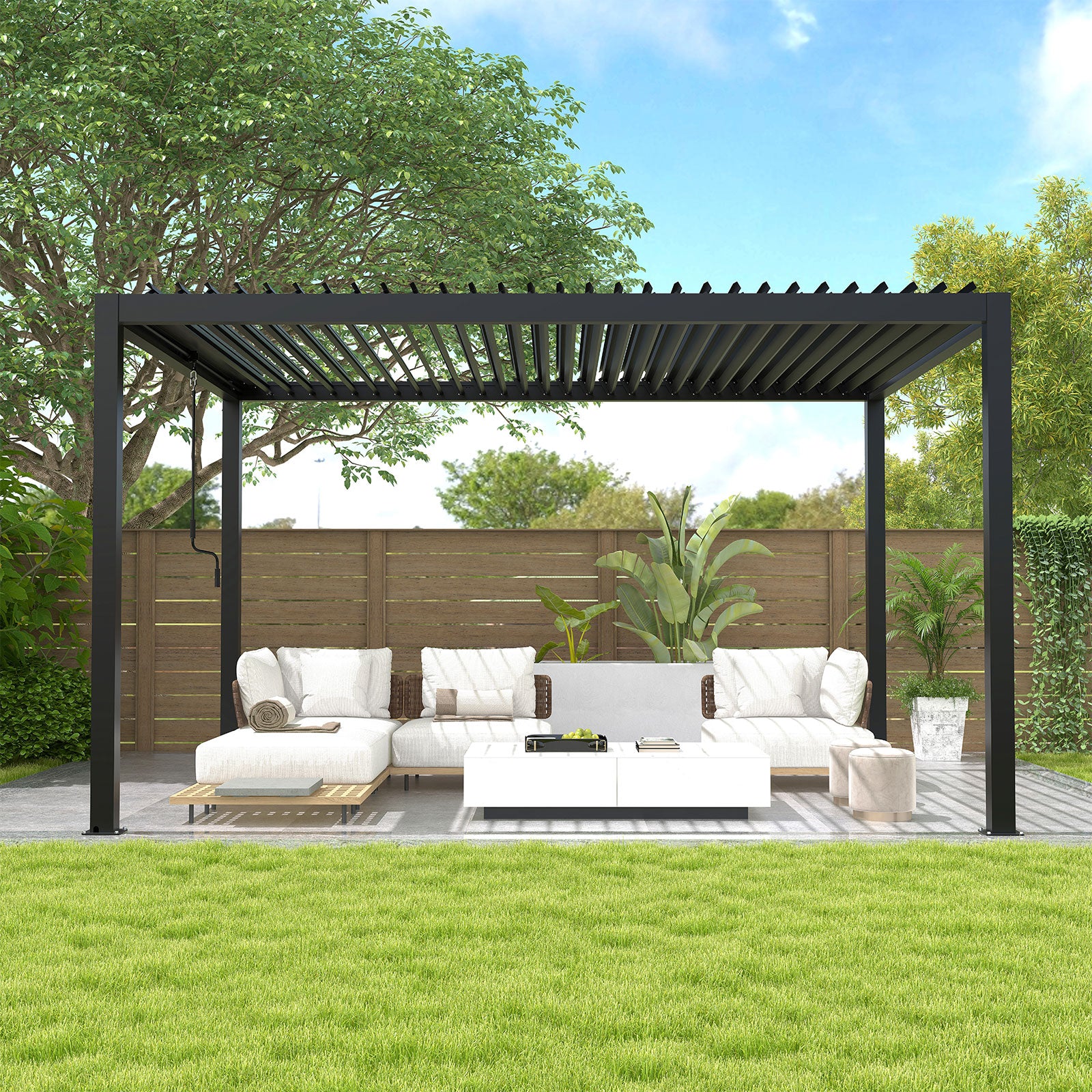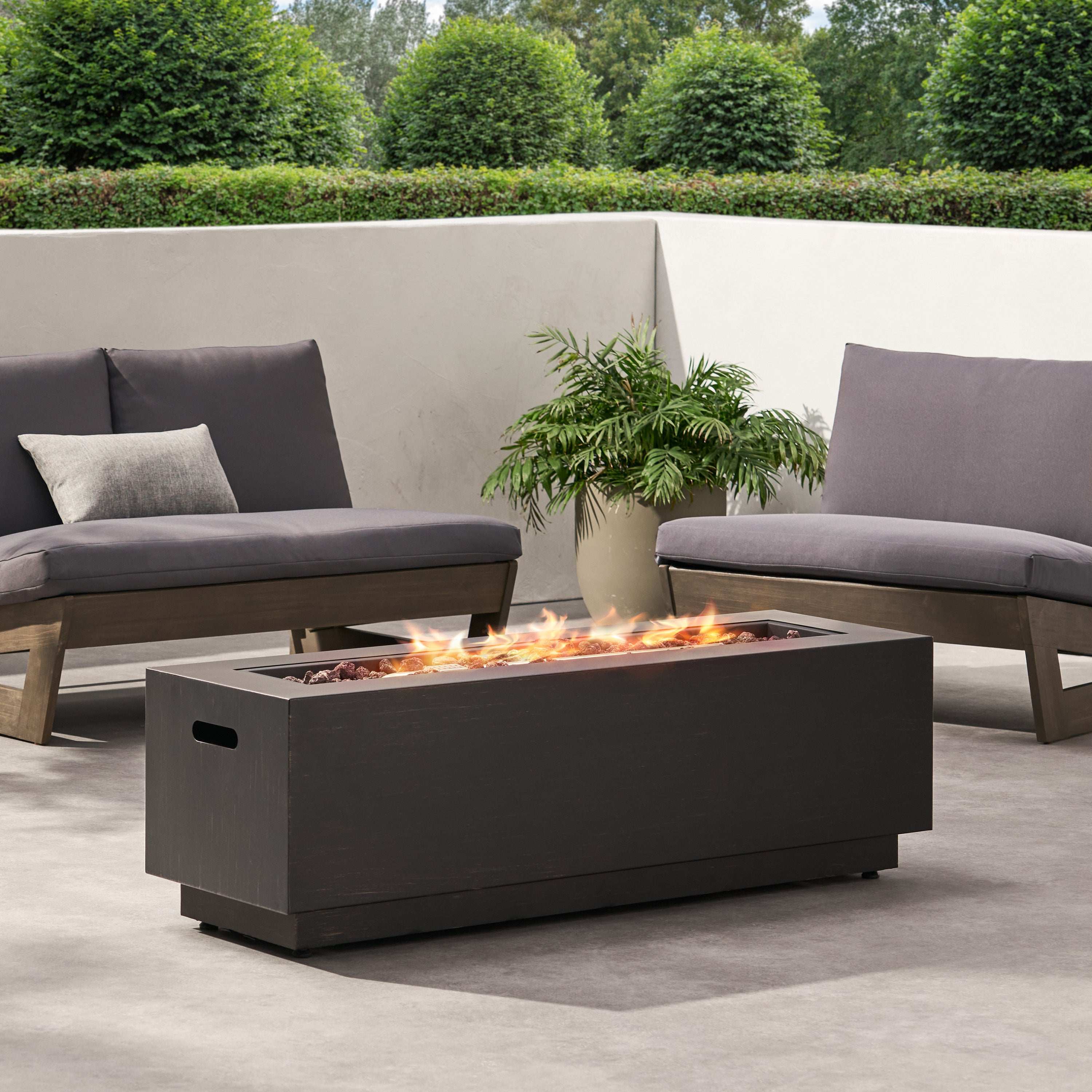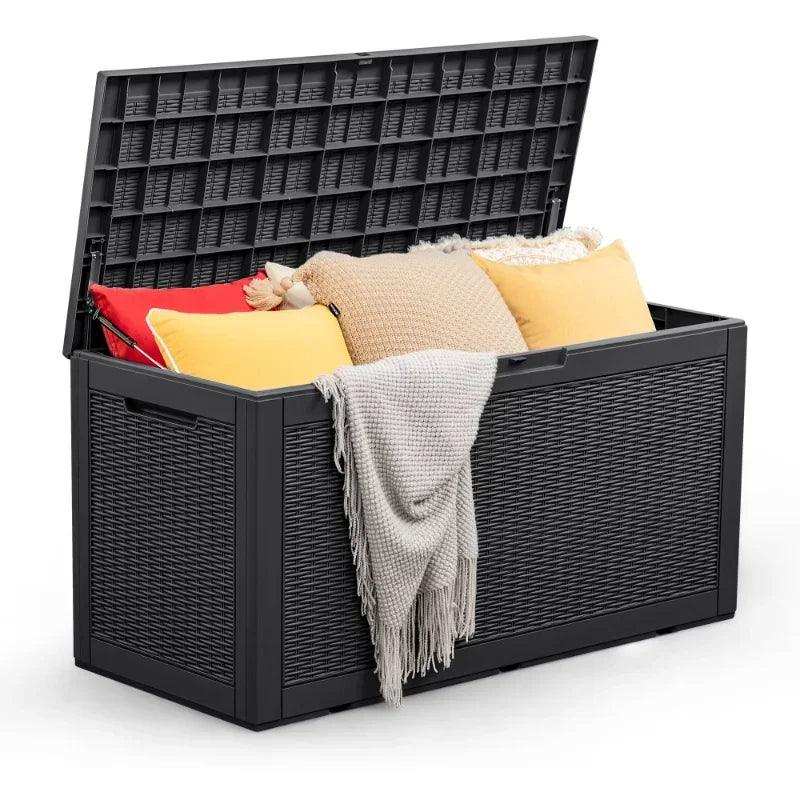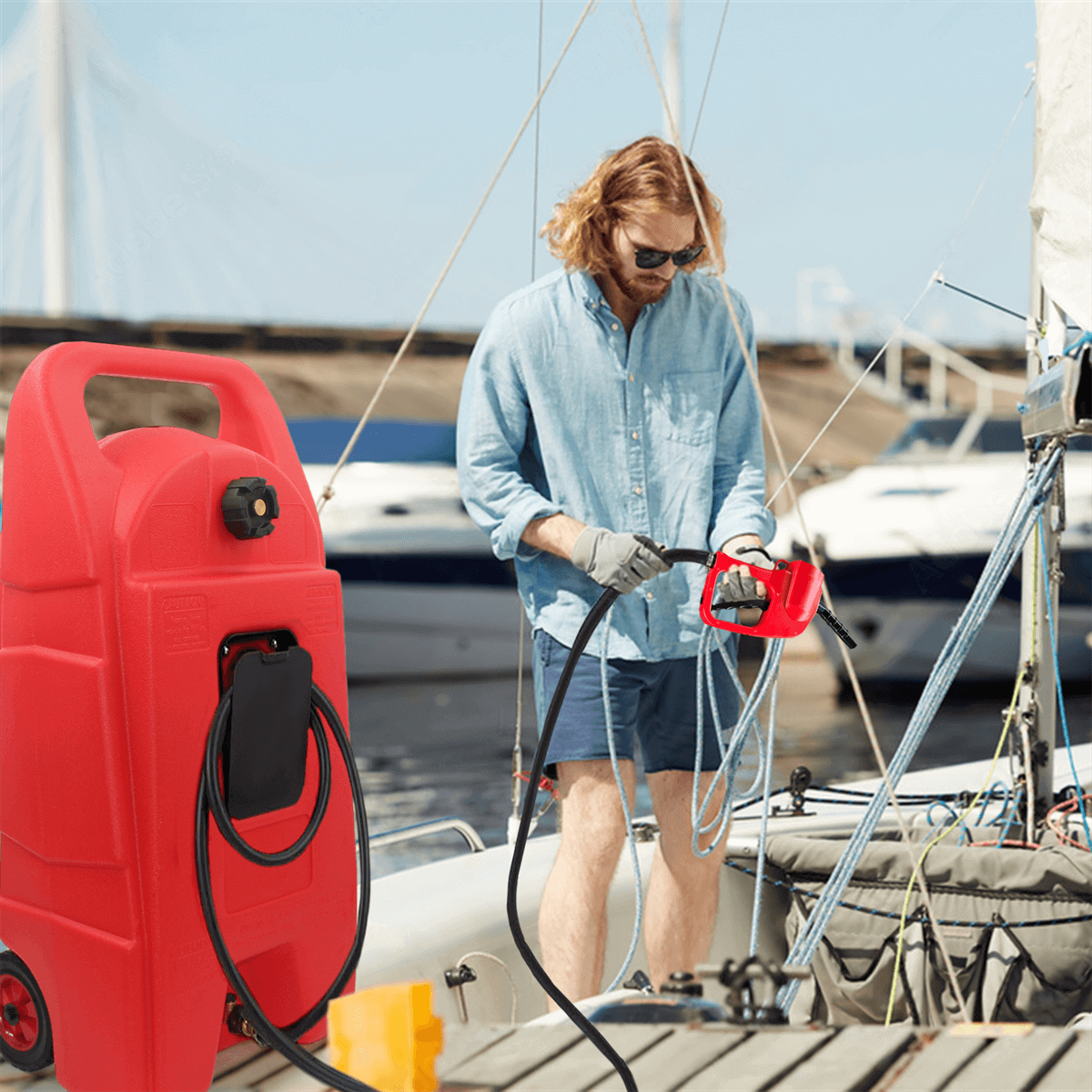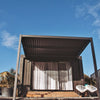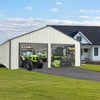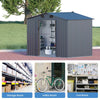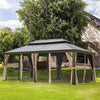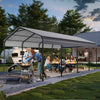10 Questions You Need To Know Before Buying A Pergola
1. what is the purpose of a pergola?
Firstly, a pergola either custom-built or ready-made can make your backyard into an enclosed private family space for you and the people you love. Secondly, it is a great way to improve your outdoor aesthetics. Thirdly, there are sun shaded areas to escape the heat while enjoying the outdoors, adding functional full shade.
To sum up, pergolas provide an amazing atmosphere and peace in your backyard.
2. Which pergola material are suitable for your home?
Different kinds of materials are used when constructing pergolas. These include:
2.1 Wood: Cedar: It does not rot quickly, pests like insects cannot feed on its substances and weighs less. Redwood: As tough as cedar and also looks like one. Pressure-treated pine: This is economical and easily available since it is treated against decay and pests. Tropical hardwoods (e.g., ipe, teak): They last long because they do not get damaged by water or bugs besides being me expensive.
2.2 Vinyl: PVC (Polyvinyl chloride): These are not demanding in maintenance; they take long to wear out hence durable; and they come in different colors and styles which resist rotting, cracking, fading.
2.3 Aluminum: Light but very strong such that there is minimum care needed for its upkeep; rust resistant as well as anti-corrosive properties; resembling wood or coming with modern concepts.
2.4 Fiberglass: A lightweight material that is tough yet resilient to various forms of damage mimicking wood or other natural stuffs’ appearances thus simple maintenance.
2.5 Steel: Very strong and durable material requiring painting to avoid rusting often employed in contemporary or industrial designs.
Each pergola material has its own strengths and considerations. Wood is versatile and traditional, vinyl is low-maintenance, aluminum is durable, and fiberglass offers modern design options. Evaluate these factors based on your preferences and practical needs to select the best pergola material for your home.
3. What sizes and styles of pergola you should choose?
When designing a pergola at your backyard, consider the following size and design options:
Size Considerations:
Size: Determine the overall size of the pergola based on the size of the space and how it will be used. This can range from a small seating area to a large structure that covers an entire patio or deck.
Height: Typically, pergolas are 8-10 feet tall, but this can be adjusted based on personal preference and the proportions of surrounding structures.
Post Spacing: Post spacing affects structural integrity and aesthetics and is typically 8-12 feet, depending on the size of the pergola.
Design Options:
Style: Choose a style that matches your home and outdoor space, such as traditional, modern, or rustic. Wall-mounted pergola or freestanding pergola, corner pergola, triangle pergola, do it yourself pergola kits.
(Attached vs Freestanding Pergola: Guide to Make the Right Decision for Your House;
Louvered Pergola VS Retractable Pergola, Which Is Better?)
Roof Design: Choose a flat, pitched, or curved roof, or go without a roof (open top), pergola with louvered roof, pergola with canopies, to provide different shade and protection depending on your needs.
Additional Features: For example, add awnings, lighting, privacy screens, or climbing plants.
By carefully considering these size and design options, you can create a pergola that is both functional and beautiful, enhancing the comfort and functionality of your outdoor living space.
4. How do you build a pergola? Can you do it yourself or do you need to hire professionals?
Considerations:
4.1 Skills and Experience: Assess your own skills and comfort level with construction projects. The seller of the pergola will provide you with the necessary parts for installation, but you may need to bring your own power tools.
4.2 Time and Effort: Building a pergola yourself can be time-consuming, especially for larger or more intricate designs. Generally, the product page or manual will indicate the number of people and tools that may be needed and the possible installation time.
4.3 Budget: Determine your budget for materials and tools versus the cost of hiring a professional. The specific hiring cost will vary depending on your local installation company, so it is best to call ahead for online consultation.
In summary, building a pergola by yourself can be a challenging but fun and satisfying project, especially for those who like DIY and have certain skills. However, if you want to ensure quality and efficiency, or lack the relevant skills and time, hiring a professional may be a more suitable option, although this may increase certain costs. In any case, carefully consider your needs and budget to make the decision that best suits you.
5. How Long Do Pergolas Last and how to maintain it?
The durability and maintenance of a pergola depends largely on the materials used. Here are some durability and maintenance tips for several common materials:
5.1 Wood (e.g., fir, redwood, pressure-treated pine):
Durability: Wood pergolas are generally long-lasting, especially if you choose wood that is resistant to decay and insects (e.g., fir or redwood).
Daily Maintenance: Annual inspection and maintenance, including:
Cleaning: Regularly remove dust, leaves, and other debris to prevent the accumulation of mold and vines.
Repair: Promptly repair any cracks, damage, or rot to ensure structural integrity.
Protect: Regularly apply wood protectant or waterproof sealant to maintain the color and water resistance of the wood.
5.2 Vinyl (PVC):
Durability: PVC pergolas have good weather and corrosion resistance and generally maintain their appearance and structure for a long time.
Daily Maintenance: Maintenance is simple, including:
Cleaning: Regularly wipe the surface and water to remove dirt and dust.
Inspection: Regularly check the joints and supporting structure to ensure that there is no looseness or damage.
Sun protection: Consider using UV protectants or spray paint to extend the life of PVC.
5.3 Aluminum alloy:
Durability: Aluminum alloy pergolas have excellent corrosion resistance and lightweight characteristics, suitable for long-term use.
Daily maintenance: Maintenance free.
Inspection: Regularly check the stability of the structure and the integrity of the support.
5.4 Fiberglass:
Durability: Fiberglass pergolas have excellent strength and durability and are not easily rotten or affected by moisture.
Daily maintenance: Little maintenance is required, but you can:
Cleaning: Clean the surface regularly with water and mild detergent.
Inspection: Check the connections and support structure to ensure that there are no damaged or loose parts.
Relatively speaking, wooden pergolas have a shorter service life and require more maintenance, while aluminum pergolas are the longest-lasting material and require little maintenance. In the past, traditional wooden pergolas were often used as part of the garden. However, the new metal pavilions have become the scenery in people's backyards because of their elegant appearance and durability. The fact that they require almost no maintenance has led more customers to choose aluminum pavilions.
6. How much does it cost to build a pergola? Is it cheaper to build a pergola or buy one?
Cost Comparison:
DIY vs. Purchasing:
DIY: Generally cheaper if you have the skills and time to build it yourself, focusing mainly on material costs.
Purchasing: Ready-made pergolas can range from $500 for basic models to $5,000 or more for larger, custom-built structures, depending on materials and size.
Example Cost Estimate:
Wooden pergola: A typical 10x10 feet wooden pergola might cost between $1,500 to $3,000 for materials if built DIY. Hiring professionals could increase the cost significantly due to labor charges.
Vinyl or aluminum: Expect higher costs due to material prices and possibly higher labor costs for installation.
Whether it's cheaper to build or buy a pergola depends on your budget, skills, and preferences for customization. Apart from the purchase cost of the pergola, if you build it yourself you will not need to pay for it and other expenses. DIY projects save on labor costs but require your time and skills. Hiring professionals can add significant costs, typically ranging from $30 to $50 per hour per worker. Besides this, complex designs or additional features (e.g., electrical wiring, custom finishes) will cost more.
7. How much wind can a pergola withstand?
There are some risks and safety issues that do need to be considered when installing and using pergolas, especially those involving wind impacts, structural stability, and waterproofing.
Wind resistance:
In general, the wind resistance of a pergola depends on its design, materials, and installation quality. Wood pergolas are generally lightweight and can withstand light to moderate winds.
Recommendation: If your area is subject to frequent strong winds, consider choosing stronger materials such as aluminum alloy or steel, or adding supports and anchors to the pergola to improve stability.
Cherylife aluminum pergola, which is tested and certified to withstand the early beginning of hurricane-force winds and has a rating of up to 65 mph (if appropriately mounted) and 100 mph with louvers open.

Structural stability:
Proper installation is critical, including ensuring that each connection point is secure, the posts are embedded deep enough, and the foundation is stable.
Recommendation: Follow the installation guide provided by the manufacturer and ensure that local building codes and requirements are met.
Regular inspections:
- Regularly inspect the structure and connection points of the pergola, especially after storms or strong winds.
- Check for any loose screws, cracks, or damaged wood sections and repair them promptly.
When installing and using pergolas, it is important to understand and take into account factors such as wind resistance, structural stability and waterproofing.
8. Are louvered pergolas waterproof?
Waterproofing and Rainproofing (Adjustable Louvered Pergolas):
Adjustable louvered pergolas are usually designed to provide waterproof protection and daylight regulation. They usually have adjustable louvers that can be opened or closed as needed to control the entry of sunlight and rain.
In general, louvered pergolas can provide a certain degree of waterproofing protection, but they are not completely waterproof. The key lies in the design and materials of the louvers, and their tightness to the supporting structure.
Choose the pergola which have rainproof integrated drainage system. Cherylife louvered pergola prevent debris from entering the drainage system. Rainwater will be diverted to the 4 columns through the built-in integrated drainage system and then discharged to the ground through the notches at the bottom. This feature not only ensures a dry and comfortable environment but also facilitates maintenance and cleaning.

9. Does a pergola require a building permit?
Before installing a pergola or any other building structure, it is important to understand and comply with local building codes and permit requirements.
A Guide to Installing a Pergola: Essential Approvals and Rules Explained
10. Where can I buy a pergola?
You can buy pergolas from various sources, both online and offline. Like home improvement stores which Offers a variety of pergola kits and materials both in-store and online. Or online retailer like Amazon and wayfair. Specialty outdoor living stores or local builders and contractors.
And we highly recommended you can trust us, Cherylife, a native American company, 10 years of business history, 7 North American warehouses, 300 employees, perfect transportation and after-sales system.
We utilize our advantages to provide you with the quality outdoor products.
What you will get from us:
- US local warehouse to ship.
- Local US after-sales team at your service.
- Materials selected for better performance, it can last for decades.
- 5-10 years warranty to ensure your user experience.
Get the latest discounts and promotions here! Or call us now to get the information you care about most!
-
Posted in
Pergola Buying Guide




